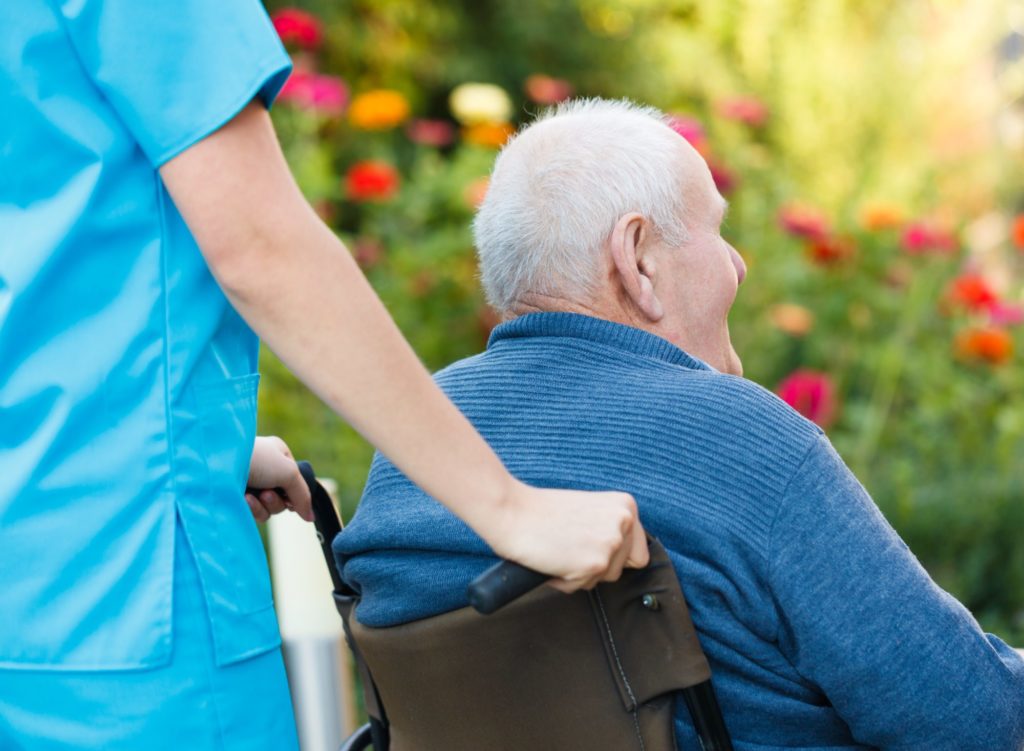This WG engages with the key element number 2; Social justice and rural spaces and places. The topic of the WG is social justice/social inequality in rural health. More precisely, what it means to belong to a rural community when it comes to different kinds of public health issues. Is there a distinctive rural identity, based on traditional perception and practices, that doesn’t fit in with the urban ideals, values and ways of interact on health issues? More precisely, how does living in a rural community affects public health amongst its habitants?
Topic:
Public health is defined as the health of the population and how it is distributed (in the population). Important in public health work is to promote factors that prevent illness and to even the distribution of factors that directly or indirectly affect health. When examining the influence of community, neighbourhood, and social space on health issues, researchers from multiple disciplines found that geography matters. Studies worldwide refer to differences in health, as well as health care resources in rural areas in comparison to urban ones. Health is unevenly distributed across socioeconomic status. Persons of lower income, education, or occupational status experience worse health and die earlier than do their better-off counterparts, and studies point to the fact that people living in rural areas often have lower income and educational level than people in urban areas. At the same time, differences in access to walkways, parks and transportation networks may influence the level of physical activity, as rural areas often involves scattered settlement and longer distances requiring usage of passive transportations (e.g. car and bus). Rural public health is a wide topic, and it includes among other things overweight/obesity, mental health, physical activity, drug/alcohol abuse, nutrition, elderly care and access to health services. The aims of this session is to get more insight into the complex causes for social inequality in public health in rural areas. This involves examining geographical and rural-urban inequalities along with differences in public health.
Format:
This WG is planned to be organized as a combination of traditional work shop and discussant workshop. 3-4 papers are presented by authors and we will open for discussion and questions after each paper.
Abstracts
Working Group Session 1 Wed 09:00 – 10:30
- Annette Aagaard Thuesen – Coincidental plan-making: The missed integration of rural and health policies in Danish village planning
- Giulia Colombini – The healthy island. A case study about involving small-island citizens in the evaluation of local healthcare in Italy
- Nina Glasgow – Rural Health and Social Care Services
Working Group Session 2 Wed 11:00 – 12:30
- Linda Reissig – Burnout in Agriculture before the Context of Finance, Health and Interconnection of Family and Farm
- Johan Fredrik Rye – Migrant farm workers’ quality of life, welfare and health in Norway’s agricultural industries
- DUŠKA KNEŽEVIĆ HOČEVAR – FARMING STRESS BEYOND THE NUMBERS: A HEALTH CONJUNCTURE APPROACH
- Reidun Heggem – Potential causes of overweight and obesity in rural areas
Working Group Session 3 Thur 09:00 – 10:30
- Elwira Piszczek – Civilization diseases. Can the rural area protect? Methodological problems regarding the collection and interpretation of data
- Elisabeth Valmyr Bania – Footprints from school to work? Or not engaged in education, employment or training (NEET) in an Arctic sociocultural context
- Zue Zhang – Why do rural areas lag in age friendly planning for public health?
Working Group Session 4 Thur 11:00 – 12:30
- Shannon M. Monnat – The Roles of Socioeconomic and Opioid Supply Factors in U.S. Drug Mortality: Urban-Rural and Within-Rural Differences
- Ellen M. I. Ersfjord – Children’s views of how living in a rural community affect children’s public health
- Gudveig Gjøsund – Cross-sectoral public health work in rural municipalities

